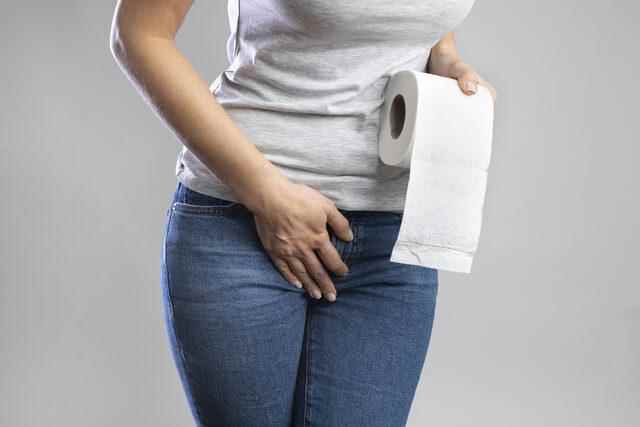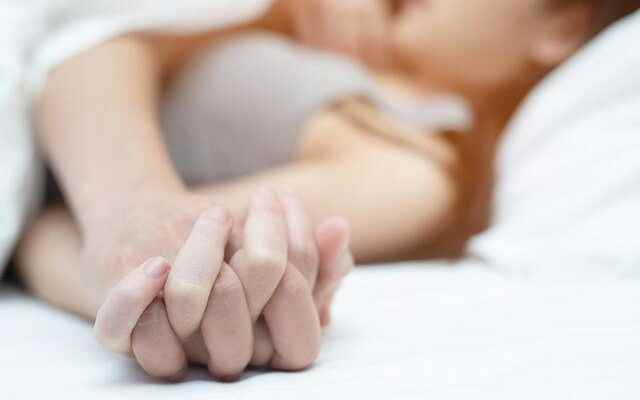Some women may feel a burning sensation in the urinary tract when they urinate after sexual intercourse. This painful condition that occurs after sexual intercourse is called honeymoon cystitis.
WHAT IS HONEYMOON SYSTITIS?
The painful condition that usually occurs after sexual intercourse and marriage can happen to any woman. As fun as it is, women need to be careful to avoid painful bladder infections after sex.
Infections can cause a condition called cystitis, an inflammation of the bladder that causes pain and a burning sensation when urinating.
When triggered by sexual activity, the condition is often referred to as ‘honeymoon cystitis’. Here’s everything you need to know about the condition, including the symptoms, what causes it, and ways to prevent it!
WHAT CAUSES HONEYMOON CYSTITIS?
Honeymoon cystitis occurs when a woman either has sex for the first time or has intercourse after a long period of time. This condition is caused by E.coli bacteria, which tends to live on the skin around your anus and can pass through your partner’s genitalia into your urethra during intercourse.

Bacteria from the urethra can move into the bladder and trigger cystitis. In addition, vaginal dryness during sex can cause inflammation of the mucous membranes, making them more vulnerable to infection.
WHAT ARE THE SYMPTOMS OF CYSTITIS?
Most women experience cystitis at least once in their lives. Cystitis tends to be more common in women in their 20s. It also turns into a bladder infection in only 4% of cases. The symptoms of cystitis are as follows:
- needing to urinate more often than usual
- The need to get up at night to go to the toilet
- A stinging or burning sensation when urinating
- lower abdominal (stomach) pain or lower back pain
- More cloudy and foul-smelling urine than normal urine
HOW TO PREVENT CYSTITIS AFTER SEXUAL RELATIONSHIP?
Here are some tips to prevent post-coital cystitis:
- Urinating after intercourse to flush out bacteria entering the urethra
- Wiping your genitals from front to back to avoid bringing intestinal bacteria into the urethra
- Drinking at least 1.5 L of water every day
- In case of vaginal dryness, using a water-based lubricant to avoid irritation of the mucous membranes
Pay attention to your diet to maintain a healthy immune system by avoiding too much coffee, soda or fruit juices that can irritate the bladder.
Cystitis can also be treated easily and quickly with a course of antibiotics, which usually lasts about three days. Be sure to complete the course of treatment so that the infection does not return.
